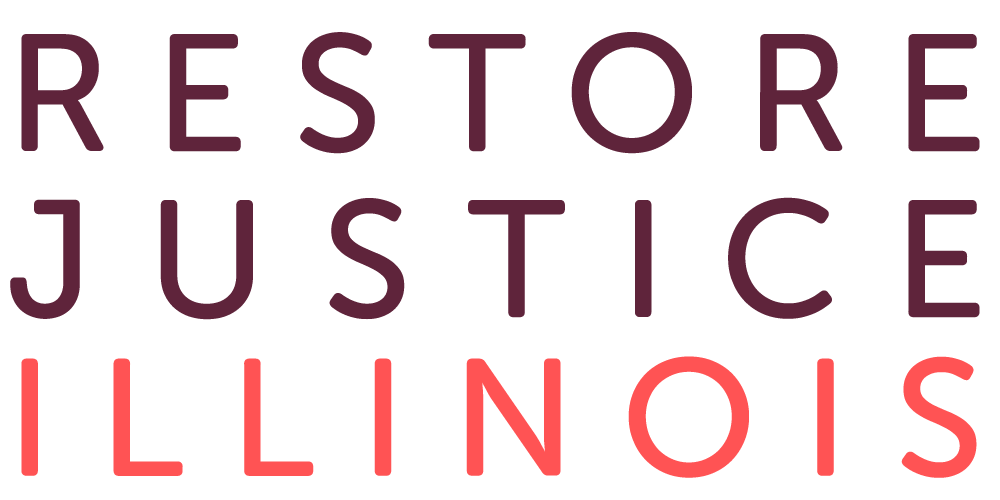LAURA ELLMAN – 2022
CURRENT STATE SENATOR IN ILLINOIS’S 21ST DISTRICT
Party affiliation (options: Democrat, Republican, Independent, other):
DEMOCRAT
QUESTION 1: There are several areas of criminal sentencing law that help fuel long-term incarceration. For each of the policy areas below, please indicate if you support changes. Expand on your answer if you would like to share additional comments.
Mandatory gun enhancements: Judges must add 15 years to the sentence of a person 18 and older who possesses a firearm during a crime. For those ages 17 and younger, judges have the discretion to decide whether to add the gun enhancements.
Should Illinois make gun enhancements discretionary for everyone, even adults?
YES
Accountability: Accountability theory allows individuals to be convicted of the same serious crimes as their co-defendant(s) in an underlying felony, even if they did not directly participate in or plan to participate in the other crime. Should Illinois abolish or narrow the usage of accountability theory?
YES
Earned sentencing credits: In Illinois, most individuals serving prison time are unable to earn time off their sentences for good behavior or for successfully completing rehabilitative programming because of a “truth in sentencing” law passed in 1998. This reduces incentives for good behavior and decreases safety in prisons. Should Illinois restore earned sentencing credits to pre-1998 levels?
YES
Parole review: Parole is early earned release and allows people who are rehabilitated to come home. Since Illinois abolished parole in 1978, the only people who are eligible for parole are those who were sentenced before 1978 and most young people under 21 who were convicted after June 2019. Should Illinois restore parole as a system for early release?
YES
Life without parole sentences for children and young adults: Following the U.S. Supreme Court’s decision in Miller v. Alabama, Illinois created parole review opportunities for most people 20 and younger entering the system. Youth could still serve their full sentence if the Prisoner Review Board and Governor reject their application for early release. Should Illinois now expand parole opportunities to all individuals convicted before age 21?
YES
QUESTION 2: In 2021, the General Assembly created the Resentencing Task Force to consider innovative ways to reduce the prison population by exploring pathways for resentencing review. The Task Force will release its recommendations to the Legislature later this year. Given that Illinois eliminated parole or earned early release for most people in 1978, should people who are serving long sentences and who are rehabilitated be allowed the opportunity to apply for early release?
YES
QUESTION 3: What do you think are the best ways to address violence and ensure community safety?
THE ANSWER FOR HOW WE BEGIN TO ADDRESS VIOLENCE AND SAFETY IS COMPLICATED, AND IN MY OPINION IT BEGINS WITH DATA BECAUSE THERE ARE DIFFERENT FORMS OF VIOLENCE, AND EACH FORM HAS DIFFERENT ROOT CAUSES AND REQUIRE DIFFERENT APPROACHES TO BEGIN TO ADDRESS THEM. FOR INSTANCE – WE KNOW CLEARLY FROM THE DATA THAT A PURELY PUNITIVE APPROACH TO PUBLIC SAFETY SIMPLY DOES NOT WORK.
ON THE OTHER HAND – THE DATA ON GUN OWNERSHIP, USE, AND VICTIMHOOD SHOW A CLEAR GENDER DISPARITY. MEN ARE MORE LIKELY TO OWN GUNS, USE GUNS, AND COMMIT VIOLENCE AGAINST THEMSELVES AND OTHERS WITH GUNS. WOMEN ARE TOO OFTEN CAUGHT IN THE CROSSHAIRS. WE ARE FORTUNATE TO HAVE SOME OF THE STRONGEST GUN LAWS IN THE COUNTRY, INCLUDING A LAW REQUIRING BACKGROUND CHECKS ON ALL GUN SALES, AN EXTREME RISK LAW, AND LAWS KEEPING GUNS AWAY FROM DOMESTIC ABUSERS HAVE ALL HELPED TO REDUCE GENDER-BASED GUN VIOLENCE, WE MUST CONTINUE TO TEST NEW APPROACHES AND POLICY INITIATIVES TO CONTINUE THIS WORK.
DURING MY TIME IN OFFICE I HAVE WORKED TO KEEP PEACE IN OUR COMMUNITIES BY PASSING COMMON-SENSE POLICIES THAT HELP DETER CRIME, INCREASING 21ST-CENTURY SAFETY MEASURES, WORKING WITH OUR LAW ENFORCEMENT AGENCIES, AND PURSUING JUSTICE FOR VICTIMS.
I SUPPORTED THE SAFE-T ACT AFTER SPEAKING WITH POLICE DEPARTMENTS AND LAW ENFORCEMENT LEADERS IN MY DISTRICT, WHO ARE ALREADY TRAINING AND EMPLOYING THE BEST PRACTICES DESCRIBED IN THE LAW. I ALSO SUPPORTED APPROPRIATIONS WE’VE PUT INTO THE BUDGET TO ADDRESS ROOT CAUSES OF VIOLENCE.
I BELIEVE THAT ONCE THE REST OF THE STATE DEPLOYS THESE DATA-BACKED STRATEGIES, OUR COMMUNITIES WILL BE SAFER AND PEOPLE WILL FEEL MORE COMFORTABLE CARRYING ABOUT THEIR DAILY LIVES. TO ENSURE WE KEEP THE HIGHEST STANDARDS IN OUR POLICE DEPARTMENTS, I WILL CONTINUE TO PUSH FOR FUNDING AND LEGISLATION THAT GIVES OUR LAW ENFORCEMENT AGENCIES THE RESOURCES THEY NEED.
QUESTION 4: What are your general thoughts on the criminal legal system in Illinois (i.e., anything related to policing, incarceration, prosecution, sentencing, or re-entry), and what do you see as the biggest opportunities for improvements over the next several years? Have you experienced any parts of the criminal legal system firsthand, whether through your own personal experience or that of a family member or friend, that you’d like to share?

